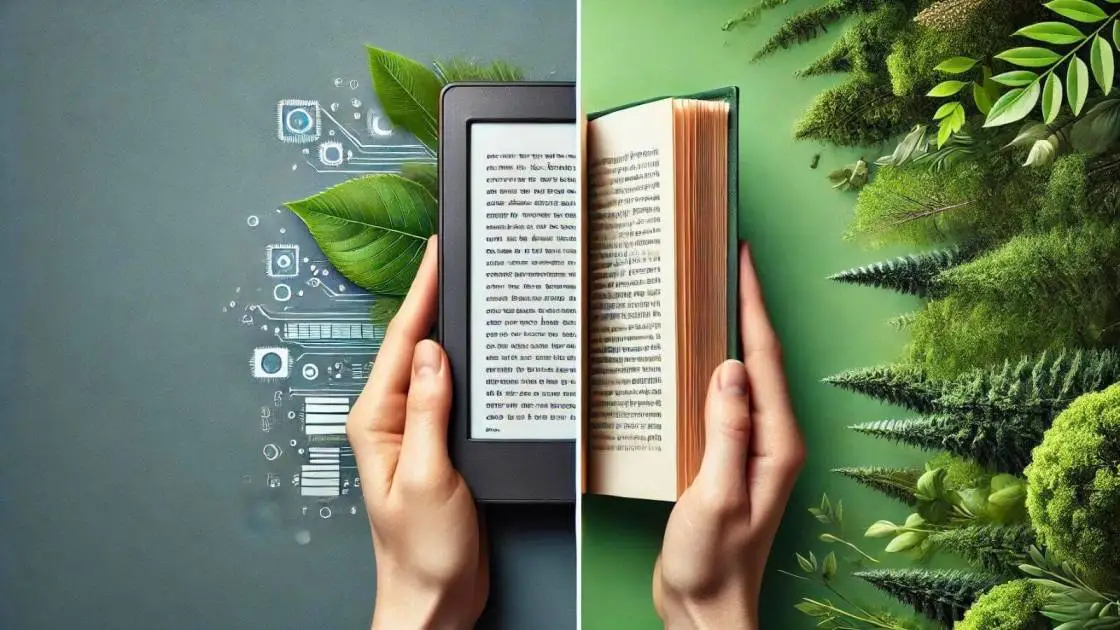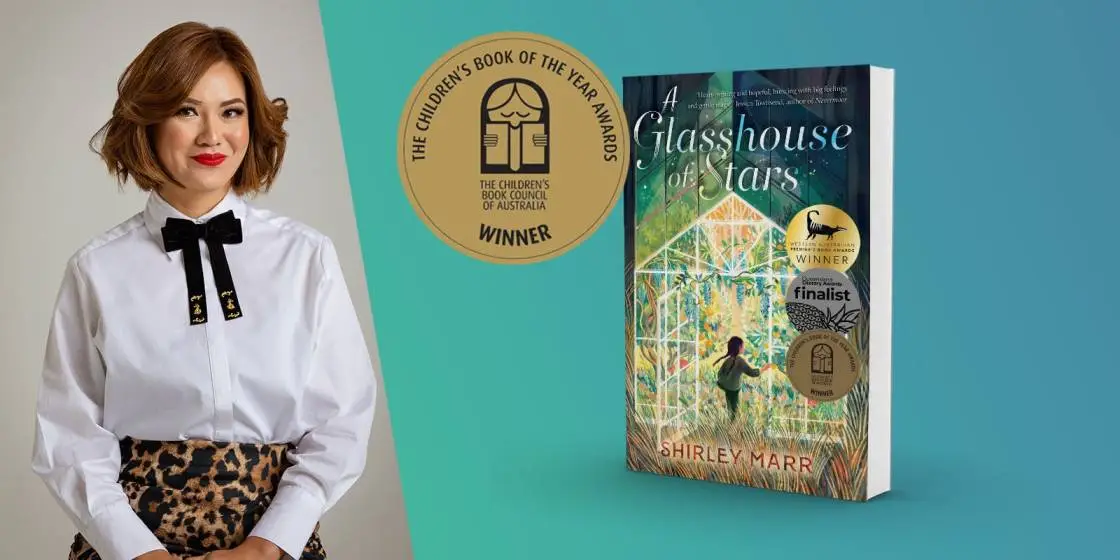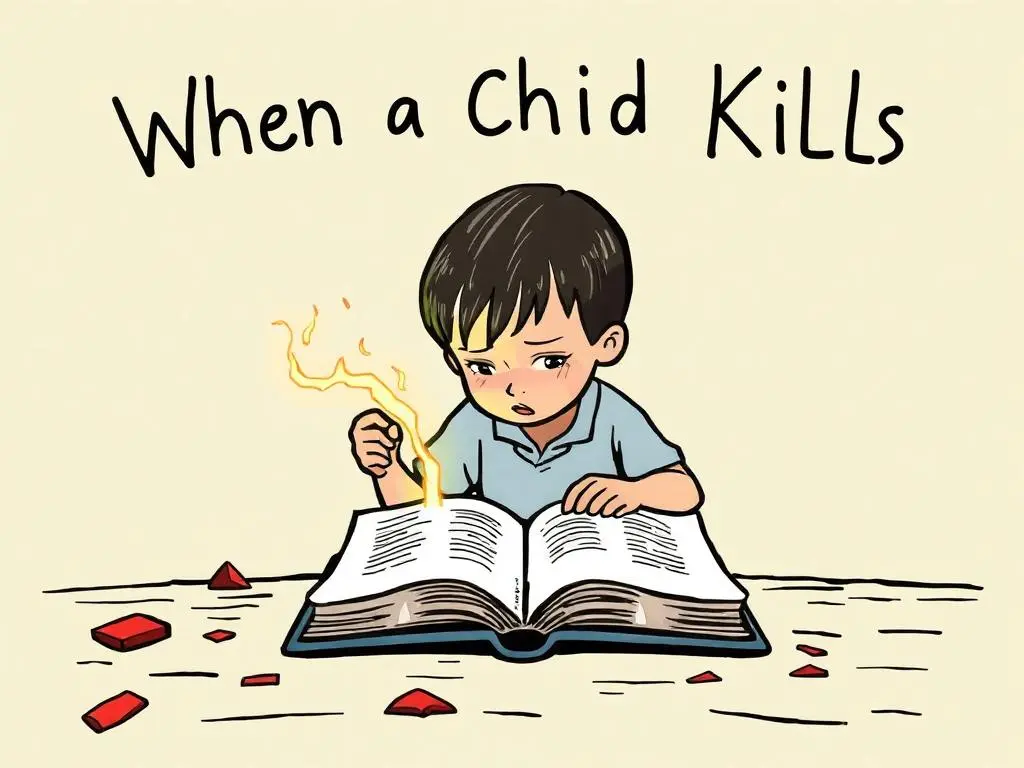Why Gish Jen Hasnt Read One of the Most Acclaimed Books of 2019

The author of “The Resisters” and other books has put off reading the story collection “Exhalation,” by Ted Chiang. “The title evokes yoga for me,” she says. “And, much as I love yoga, I am allergic to books with a namaste vibe.”
What’s the last moving book you read?
“Homeland,” by Fernando Aramburu, about the lingering effects of Basque separatist violence on two once-intimate families. I cried at the end.
And the last funny book?
Cathleen Schine’s brilliant novel, “The Grammarians,” is to die for. To behold a grammatical descriptivist at war with a grammatical prescriptivist who happens to be her twin is truly an uncommon pleasure.
Are there any classic books that you only recently read for the first time?
I only just read “Pig Earth” — John Berger’s classic account of peasant life in a French village. Heretical as it may sound, I skipped the poems and went straight to the stories — about the people, crazed cows, hooch-making, and more — which so vividly and viscerally bring home what’s been lost to modernity.
What’s your favorite book no one else has heard of?
Sanford Friedman’s “Conversations With Beethoven.” Because he went deaf late in life, Beethoven had to be addressed in writing — a fact Friedman exploits to great effect, telling the story of the last year of Beethoven’s life through people’s notes to him. The Maestro’s responses thunder all the more loudly — and more poignantly — for their consignment to white space.
Have you learned anything from books you’ve read recently?
From “Conversations With Beethoven,” I learned that Beethoven’s lawyer was named Bach. From Chia-Chia Lin’s haunting first novel, “The Unpassing,” I learned how treacherous the Alaskan mud flats can be. And from Julia Phillips’s “Disappearing Earth” I learned where Kamchatka was — which, embarrassingly, I did not know and would probably still not know, were it not for her book.
Do you count any books as guilty pleasures?
Travelogues like Henri Cole’s “Orphic Paris” and Shirley Hazzard and Francis Steegmuller’s “The Ancient Shore: Dispaches From Naples” are pure escapism.
What kind of reader were you as a child? Which childhood books and characters stick with you most?
Because I was not read to as a child, and because my immigrant family did not have the money for books in any case, I sadly missed Winnie the Pooh, Peter Rabbit and many other talking animals. Once I reached grade school my godmother would, however, send me one book a year, for Christmas. My copies of “Heidi” and “Little Women” are still among my most precious possessions.
Then, when I was in fifth grade, my family moved to Scarsdale, N.Y. That meant a new school and the most beautiful, bright, well-stocked library I had ever seen. I proceeded to read pretty much every book on its shelves, including Camus’s “The Stranger,” the cover of which I can still see, with that huge Algerian sun. What in the world, I remember wondering, are “inexecrable cries of hate”?
How have your reading tastes changed over time?
In junior high school, I began reading the magazine Fantasy and Science Fiction, and writers like Isaac Asimov and Ray Bradbury. Then in high school I became interested — as a daughter of immigrants of course would — in every book that could tell me what America was. How could a country be an experiment? I wanted to know what that meant, and what an invented country might hold for people like my family. That mostly meant realism.
Today, I see books as a source of ever more various pleasures but also, still, as a form of exploration. I was, for example, fascinated by “Celestial Bodies,” by Jokha Alharthi, about three sisters in Oman, one of whom names her daughter London.
You sometimes teach in China. What books about China would you recommend to a Western audience?
Qiu Xiaolong’s delightful Inspector Chen mysteries is a great place to start; his most recent book, “Shanghai Redemption,” will give you a sense of the tricky and ever-shifting terrain the Chinese negotiate as a matter of course. If you seek a deeper understanding, I strongly recommend Richard Nisbett’s great classic, “The Geography of Thought,” which puts to rest many ideas about universality once and for all. (Full disclosure: Such is my admiration, I wrote a kind of homage to Nisbett, “The Girl at the Baggage Claim: Explaining the East-West Culture Gap.”) As for how Chinese culture is perpetuated, Lenora Chu’s candid account of her American child’s experience in an elite Chinese primary school, “Little Soldiers,” explains a lot even as it throws our own educational practices into relief.
What moves you most in a work of literature?
I am moved by many things — portrayals of the passage of time and of grief especially, these days. But my oldest soft spot has been for people guarding some small flame against considerable winds. Hence touchstones as disparate as all of Jane Austen, Edith Wharton’s “The House of Mirth,” James Salter’s “The Hunters,” Peter Taylor’s “The Old Forest,” Cynthia Ozick’s “The Shawl” and Satchel Paige’s “Maybe I’ll Pitch Forever.”
Do you prefer books that reach you emotionally, or intellectually?
Emotionally.
“The Resisters” is your first dystopian novel. What predecessors did you look to for guidance or inspiration, if any?
Classic dystopian novels like “1984” and “The Handmaid’s Tale” have of course left their mark but so have more gently devastating books like Kazuo Ishiguro’s “Never Let Me Go.” The alternative American reality in “The Plot Against America” — in which Philip Roth imagined what life might have been like had anti-Semitic Charles Lindbergh beaten F.D.R. in the election of 1940 — has clearly entered my subconscious, as has the unsettling ingenuity of Colson Whitehead. And I would be remiss not to mention the charm and family orientation of Allegra Goodman’s “The Other Side of the Island.”
Do novels serve a moral function, in your view? How so?
Novels serve myriad functions, one of which can be to raise the hue and cry — think “Uncle Tom’s Cabin.” However, the best work shimmers with an uncanny life quite independent of conscious intention, and John Milton was not the last writer who proved, as William Blake put it, “of the Devil’s party without knowing it.”
What book might people be surprised to find on your shelves?
People might be surprised not only to find “My Love Affair With Miami Beach” on my shelves, but to learn that Isaac Bashevis Singer penned this book at all.
What’s the best book you’ve ever received as a gift?
I could look at Andy Goldsworthy books forever. I received both “Stone” and “Wood,” and should anyone be wondering what to get me for my birthday, I would be happy to receive copies of any of his other books as well.
What books would you recommend for America’s current political moment?
In addition to the many fine recent books about race in America and the red state-blue state divide, I’d recommend Jason DeParle’s “A Good Provider Is One Who Leaves,” about the drivers and experience of migration, and “Race After Technology: Abolitionist Tools for the New Jim Code,” by Ruha Benjamin, about the potential reification of our already-entrenched biases by artificial intelligence. Also sadly relevant, a century after its writing, is Robert Musil’s “The Confusions of Young Torless,” about toxic masculinity and its links to fascism.
You’re organizing a literary dinner party. Which three writers, dead or alive, do you invite?
William Shakespeare, Leo Tolstoy and, to keep them on their toes, Grace Paley.
What books are on your nightstand?
“Why They Marched: Untold Stories of the Women Who Fought for the Right to Vote,” by Susan Ware; “Interior Chinatown,” by Charles Yu; “We Wish You Luck,” by Caroline Zancan; “An Odyssey: A Father, a Son, and an Epic,” by Daniel Mendelsohn; “Frantumaglia: A Writer’s Journey,” by Elena Ferrante; and “Afterlife,” by Julia Alvarez.
What do you plan to read next?
Ted Chiang’s “Exhalation,” which I should have read many moons ago. I’ve dragged my feet a bit because the title evokes yoga for me and, much as I love yoga, I am allergic to books with a namaste vibe. But so long as there’s nothing in it about “bringing your hands to heart center,” I’ll give it a go.




